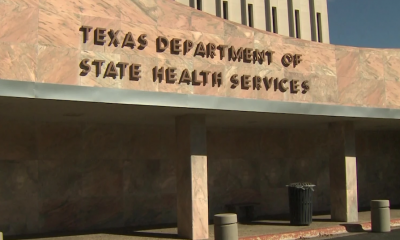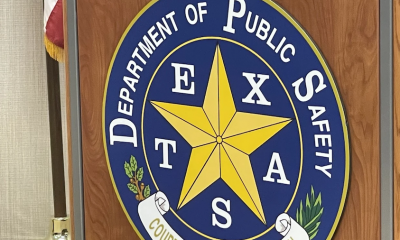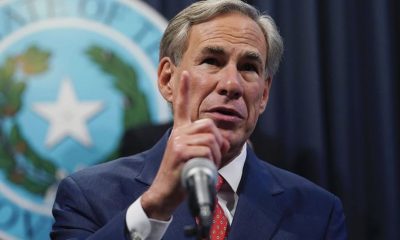Lifestyle
‘The Church Was Your Big Family’: North Texans Share Cherished Memories From Black Churches

PLANO, TX – We asked our listeners and followers on social media to share some of their favorite memories from their time attending Black Churches. Here’s some of what they shared with us:
“The music was incredible,” said Plano resident Ted Walker. “The joyfulness of the music, the delivery, the passion, it’s what fueled me wanting to be a musician.”
Walker’s currently a music teacher for the Richardson Independent School District. But he’s also a retired church music director and pianist. He told KERA his love for music started as a kid attending Shiloh Missionary Baptist Church in Oak Cliff.
“That’s where I started playing music. I played piano for the Sunday School, and children’s groups. It’s where I sang in the children’s choir and the young choir,” he said. “I can still in my mind hear those great hymns, great spirituals, those great 100 devotional songs we had sung, and I can still hear all that music being played in my mind.”
Music wasn’t the only memory Walker told us about, “One of my favorite days that I always enjoyed was Family Day.”
Walker said Family Day at Shiloh Missionary was very much like many other Black churches’ version of ‘homecoming.’ Homecoming events are generally held annually to celebrate milestones like the anniversary of a church’s opening. The celebration traditionally includes preaching, singing, and dinner-on-the-ground.
“It was a special day because anyone who had ever been a member of the church came back,” he said. “You’d celebrate with your family, but it was about celebrating as one big church family.”
Walker said being a member of a Black church instilled a feeling of family that let you know someone was always there to have your back. “You had your blood family,” he said. “But the church was your big family and there wasn’t anything that those people would not do for you.”
Rhonda Brown-Crowder echoed Walker’s sentiment about her church family at The Potter’s House of Dallas.
“I don’t know where I would be without the Black church,” Brown-Crowder said. “It’s great to have a place to go where you feel like people understand your unique struggles and the things you’re going through.”
Her favorite moment, she said, happened recently when her autistic son — who’s normally not very interested in certain church activities — decided he wanted to take communion.
“For the first time in his life, he actually took communion. And it was just a very special moment for me because it was confirmation that he knows Jesus and he knows he knows where he can go whenever he needs some strength,” she said.
Doctor Froswa’ Booker-Drew told KERA that the Black church experience had given her so much throughout her lifetime, including leadership skills and how to deal with adversity.
“The Black church [also] showed me how to have sanctuary in a place that is a refuge from what life and the world were giving,” she said.
Booker-Drew was “fortunate,” she said, to sing in her church choir and to attend church functions growing up because her church allowed her to have “so many things that the world outside [of church] did not allow her to have access to.”
Number one on that list of things the church gave Booker-Drew access to was an ample supply of role models.
“It was unique to see people who had their own businesses, or who were nurses and maids and janitors all different types of people,” she said. “It helped me [at a] very young [age] to see that our people are not monolithic. I saw people who had hopes and dreams and aspirations for themselves and for their children despite the barriers they faced because of their race or their gender.”
Booker-Drew, like many of the listeners who reached out, said there’s something special about the Black church. “It’s more than just a place, it’s a community.”










